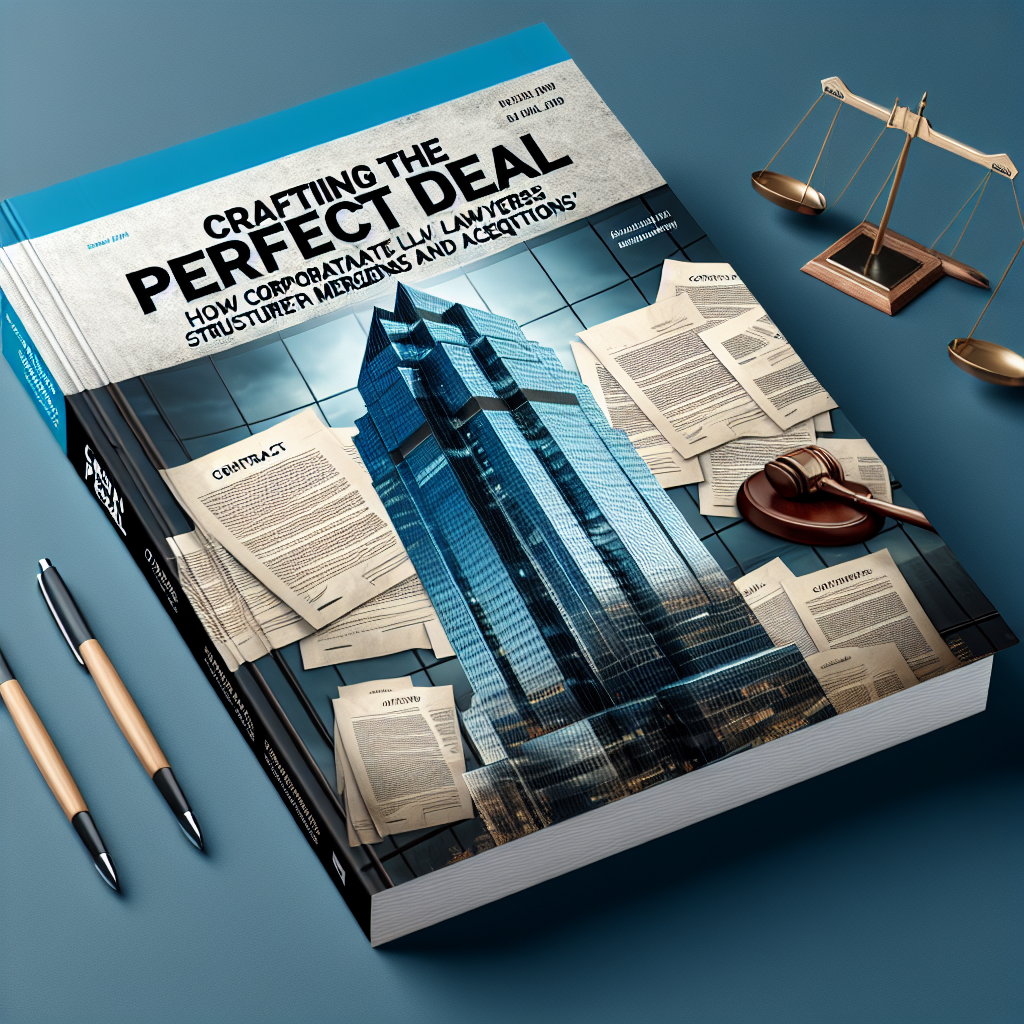Mergers and acquisitions (M&A) are pivotal moments in the life of corporations. They can define the future trajectory of a business, create new markets, and ultimately reshape entire industries. Yet behind the scenes, the delicate artistry of structuring these deals rests heavily on corporate lawyers. In this article, we’ll explore how corporate lawyers craft the perfect deal through strategic negotiation, detailed due diligence, and expert drafting of legal documents.
Understanding Mergers and Acquisitions
Before delving into the intricate processes lawyers employ, it’s essential first to understand what we mean by mergers and acquisitions.
- Mergers occur when two companies agree to combine into one entity, often with a unified goal and mission.
- Acquisitions, on the other hand, happen when one company purchases another outright, either through purchasing shares or assets.
Both processes require attentive legal representation to navigate complex regulatory environments and ensure that every detail is meticulously addressed.
The Role of Corporate Lawyers in M&A
Corporate lawyers serve as the backbone of any M&A transaction. They don’t just review contracts; they strategize, negotiate, and provide guidance that is crucial for the success of the deal. Here’s how they do it:
1. Conducting Due Diligence
Due diligence is arguably one of the most critical phases of the M&A process. This step involves a comprehensive appraisal of the target company. Lawyers ensure that all pertinent information—ranging from financial reports to regulatory compliance—is thoroughly assessed.
Why is Due Diligence So Important?
Imagine buying a used car without checking its history. You might discover a host of underlying issues that, if known earlier, could have influenced your decision. The same goes for M&A. A well-executed due diligence process protects clients from potential liabilities and ensures that the value of the acquisition is accurately calculated.
2. Structuring the Deal
Once due diligence is complete and potential risks are assessed, attorneys play a vital role in structuring the deal itself. This involves defining how the transaction will occur, whether it will be an asset purchase or a stock purchase, and how various contingencies will be handled.
The Importance of Structure
The structure of a deal can have profound implications for tax liabilities, regulatory approvals, and even future operations. Corporate lawyers guide clients toward the most advantageous framework, enabling them to maximize value while minimizing risk.
3. Negotiating Terms
Negotiation is the heart of any M&A transaction. This is where corporate lawyers really shine. They are adept at articulating their client’s interests while also understanding the position of the other party.
Humanizing the Process
It’s essential to remember that behind every deal are human emotions, aspirations, and corporate cultures. Effective lawyers not only focus on numbers but also seek to build relationships that can facilitate smoother negotiations. They understand that collaboration, rather than confrontation, often leads to successful outcomes.
4. Drafting Legal Documents
Legal documentation is the stage where all planning and negotiation come together. Corporate lawyers draft agreements that outline the terms and conditions of the transaction. This can include:
- Letters of Intent (LOIs)
- Purchase Agreements
- Merger Agreements
Attention to Detail
The precision in legal drafting cannot be overstated. A small oversight can lead to significant ramifications for either party. Corporate lawyers must be meticulous, ensuring that every term is clearly defined and mutually agreed upon. Their expertise not only protects clients but also fosters trust between the involved parties.
Closing the Deal: Final Steps
Once documentation is reviewed and approved, the final steps include securing necessary approvals from regulatory bodies and shareholders. Corporate lawyers coordinate this process, ensuring compliance with all legal requirements to avoid potential future disputes.
The Aftermath: Post-Merger Integration
After the deal is structured and executed, corporate lawyers don’t just walk away. They may assist in integrating cultures, systems, and teams, ensuring that the transition is smooth for all parties involved. This ongoing support can be crucial in maximizing the deal’s value in the long run.
Conclusion
Crafting the perfect deal isn’t merely a matter of legal expertise; it’s about combining strategy, negotiation, and human connection. Corporate lawyers play an indispensable role in structuring mergers and acquisitions, guiding businesses through the labyrinth of legal requirements, and fostering relationships that will endure long after the ink has dried.
In a world where the stakes are high and the landscape is constantly changing, the importance of skilled corporate lawyers cannot be overstated. They are the unsung heroes behind successful mergers and acquisitions, ensuring that businesses don’t just survive but thrive. Whether you are an entrepreneur looking to expand your empire or a buyer in the market, having a skilled corporate lawyer at your side is key to crafting the perfect deal.


